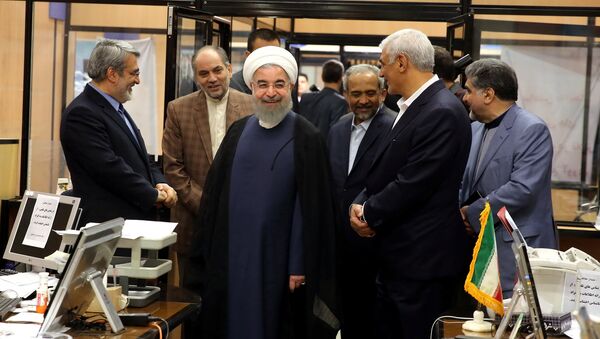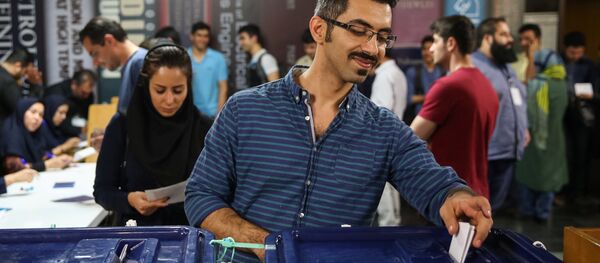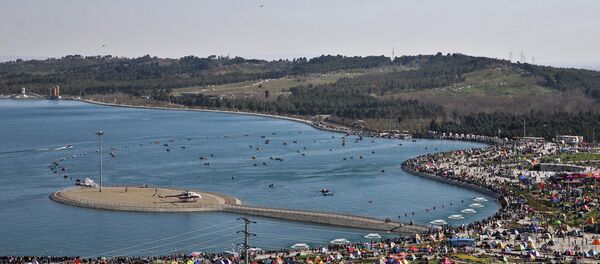On Saturday, May 20, Iranian President Hassan Rouhani was re-elected for a second term having received 57 percent of the votes in the election.
"Moderate leader"
US economist Scott McDonald sees Rouhani's victory as a positive factor for the US and the global economy, although he believes that Iran's "relations with the United States are likely to remain problematic. "
"He [Rouhani] is, perhaps, a more comfortable leader to work with OPEC on the issue of market stability," the expert believes. "Rouhani is also much more friendly with respect to foreign investors."
At the same time, former Assistant Secretary for Fossil Energy Charles McConnell believes that the US should continue its tough policy toward Iran.
"Iran is not our ally. I don't see it in any other role than a foreign competitor who wants to show its strength in the market. I see even more reasons for the US to strengthen its global energy independence and build development prospects that can guarantee security and stability of its economy," the expert told Sputnik.
US-Iran political standoff
"The meeting that took place in Saudi Arabia is a meeting for show and has no political value. The problem of terrorism is not solved at the meetings and conferences or by spending the people's money," Rouhani said at a press conference in Tehran.
On Sunday, Trump participated in the Arab Islamic American Summit held in the Saudi capital along with the leaders of Muslim-majority countries. During his speech at the summit, the US leader accused Tehran of supporting terrorists, militias and extremist groups that "spread destruction and chaos" across the Middle East, accusations that Iranian authorities have repeatedly denied.



